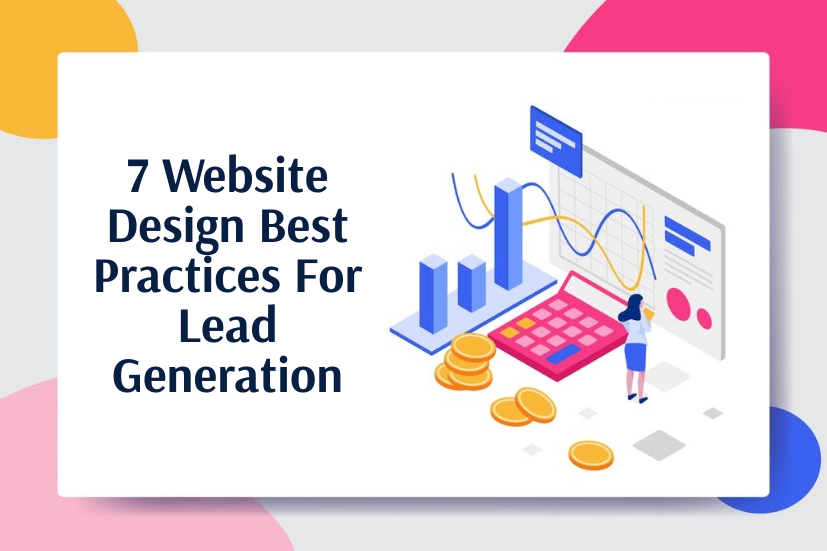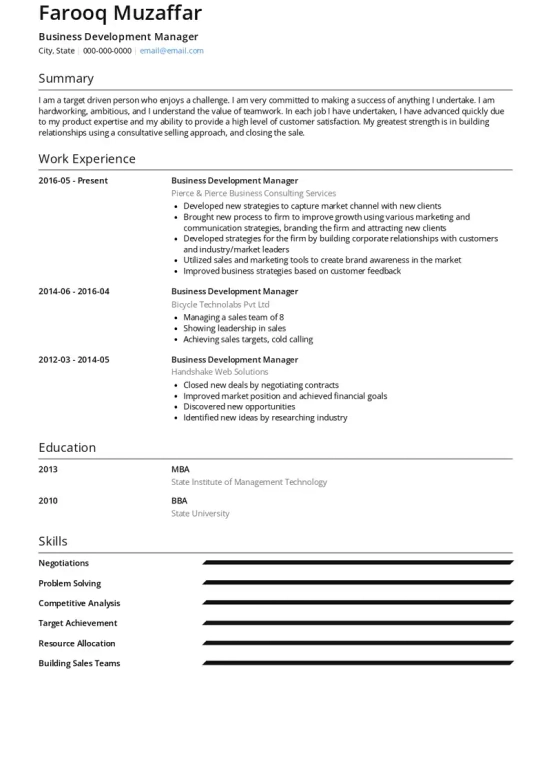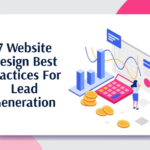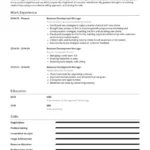
Affiliate marketing on Facebook is a powerful strategy. It can boost your income and reach.
Affiliate marketing involves promoting products and earning commissions. Facebook, with its huge user base, is perfect for this. Imagine reaching millions with just a few clicks. This blog will explore how you can use Facebook for affiliate marketing. You’ll learn the basics and some tips to get started.
Whether you’re new or experienced, this guide will help you. Ready to dive in? Let’s explore affiliate marketing on Facebook together.
Introduction To Affiliate Marketing
Affiliate marketing is a popular way to earn money online. Many people use social media platforms like Facebook to promote products and services. This section will give you a basic understanding of affiliate marketing and its benefits.
What Is Affiliate Marketing?
Affiliate marketing is a type of performance-based marketing. Businesses pay affiliates for each customer brought by the affiliate’s own marketing efforts. Affiliates promote products or services using unique affiliate links. When someone clicks on the link and makes a purchase, the affiliate earns a commission.
Benefits Of Affiliate Marketing
Affiliate marketing offers numerous benefits, making it an attractive option for many.
- Low startup cost: You don’t need to create your own products. You can start promoting existing ones.
- Passive income: Earn money even when you’re not working. Once your links are out there, they can generate income continuously.
- Flexibility: Work from anywhere. All you need is a computer and internet connection.
- Diverse niches: Promote products in various niches. Find what interests you and share it with your audience.
Affiliate marketing is a simple yet effective way to earn income. By leveraging platforms like Facebook, you can reach a large audience and increase your earning potential.
Getting Started On Facebook
Affiliate marketing on Facebook is a powerful way to drive traffic and boost sales. Facebook provides a vast audience for your affiliate products. Let’s explore how to get started.
Creating A Business Account
First, create a Facebook Business Account. This allows access to powerful tools. Follow these steps:
- Go to Facebook Business.
- Click on “Create Account”.
- Enter your business name, email, and other details.
- Click “Submit”.
Your business account is now set up. This account helps you manage ads and pages more efficiently.
Setting Up Your Profile
Next, set up your business profile. This is where potential customers learn about your business. Follow these steps:
- Go to your business page.
- Click on “Edit Page Info”.
- Add a profile picture and cover photo. Choose images that represent your brand.
- Fill in your business details: address, phone number, email, and website.
- Write a short bio. Describe your business and what you offer.
A complete profile builds trust and attracts followers. Keep your information up to date.
Below is a sample table showing the key elements to include in your profile:
| Element | Details |
|---|---|
| Profile Picture | Your business logo or a professional image. |
| Cover Photo | A high-quality image that represents your brand. |
| Bio | Short description of your business and offerings. |
| Contact Info | Address, phone number, email, and website. |
Your profile is the first impression for potential customers. Make it count.
Choosing The Right Affiliate Programs
Affiliate marketing on Facebook can be a lucrative venture, but choosing the right affiliate programs is key to success. This section will guide you through identifying the best affiliate networks and selecting profitable niches.
Top Affiliate Networks
Finding the right affiliate network is the first step. Here are some top networks to consider:
| Network | Features |
|---|---|
| Amazon Associates | Huge product range, trusted brand, reliable payouts |
| ShareASale | Wide variety of merchants, easy-to-use interface |
| ClickBank | High commission rates, digital products |
| Commission Junction (CJ) | Global reach, advanced reporting tools |
Selecting Profitable Niches
Choosing a profitable niche is crucial. Here are steps to help you select the best niche:
- Research Market Demand: Use tools like Google Trends to identify popular topics.
- Analyze Competition: Check how many affiliates are promoting similar products.
- Identify Your Passion: Choose a niche you are passionate about for more engaging content.
- Evaluate Profit Potential: Look at commission rates and average order values.
Some profitable niches include:
- Health and Wellness
- Technology and Gadgets
- Personal Finance
- Fashion and Beauty
By focusing on these niches, you can increase your chances of success in affiliate marketing on Facebook.
Content Strategies For Facebook
Affiliate marketing on Facebook requires a well-thought-out content strategy. The right strategy helps you engage your audience and drive conversions. A solid content plan ensures that your posts are relevant and timely. In this section, we will discuss different types of content and how to plan a content calendar.
Types Of Content
Creating varied content keeps your audience interested. Here are some effective types of content for Facebook:
- Informative Posts: Share tips, guides, or news related to your niche.
- Promotional Posts: Highlight your affiliate products, special offers, or discounts.
- Engaging Questions: Ask questions to encourage interaction and comments.
- Visual Content: Use images, infographics, or videos to make your posts eye-catching.
- User-Generated Content: Share testimonials or reviews from your customers.
Content Calendar Planning
A content calendar helps you stay organized and consistent. It allows you to plan your posts in advance and ensure a balanced mix of content. Follow these steps to create a content calendar:
- Identify your goals and target audience.
- Choose your content types and themes.
- Plan your posting schedule (daily, weekly, or monthly).
- Create a calendar template using a tool like Google Sheets or Trello.
- Fill in the calendar with your planned posts, including dates and times.
- Monitor and adjust your calendar based on engagement and performance.
| Date | Content Type | Details |
|---|---|---|
| Monday | Informative Post | Share a guide on using the affiliate product. |
| Wednesday | Promotional Post | Announce a special discount on the affiliate product. |
| Friday | Engaging Question | Ask followers how they use the product. |
Using a content calendar ensures you maintain a consistent posting schedule. It helps you track what works and what doesn’t. This approach increases your chances of successful affiliate marketing on Facebook.
Driving Traffic To Your Links
Affiliate marketing on Facebook can be a powerful way to earn income. But driving traffic to your links is crucial for success. In this section, we will cover two main strategies: Organic Strategies and Paid Advertising.
Organic Strategies
Organic strategies are cost-effective and build trust over time. Here are some methods to drive traffic without spending money:
- Post Regularly: Share content consistently to keep your audience engaged.
- Join Facebook Groups: Participate in groups related to your niche. Share your links where appropriate.
- Create Valuable Content: Offer tips, tutorials, and reviews that provide value.
- Engage with Followers: Respond to comments and messages. Build a community.
- Use Facebook Stories: Share quick updates and links through stories.
Paid Advertising
Paid advertising can boost your reach and drive targeted traffic. Here are some effective strategies:
- Facebook Ads: Create ads targeting specific demographics and interests.
- Boost Posts: Increase the visibility of your existing posts by boosting them.
- Utilize Lookalike Audiences: Reach people similar to your existing followers.
- Ad Placements: Choose where your ads will appear, such as in feeds or stories.
- Monitor Ad Performance: Use Facebook’s analytics to track and optimize your ads.
By combining organic strategies and paid advertising, you can effectively drive traffic to your affiliate links on Facebook.
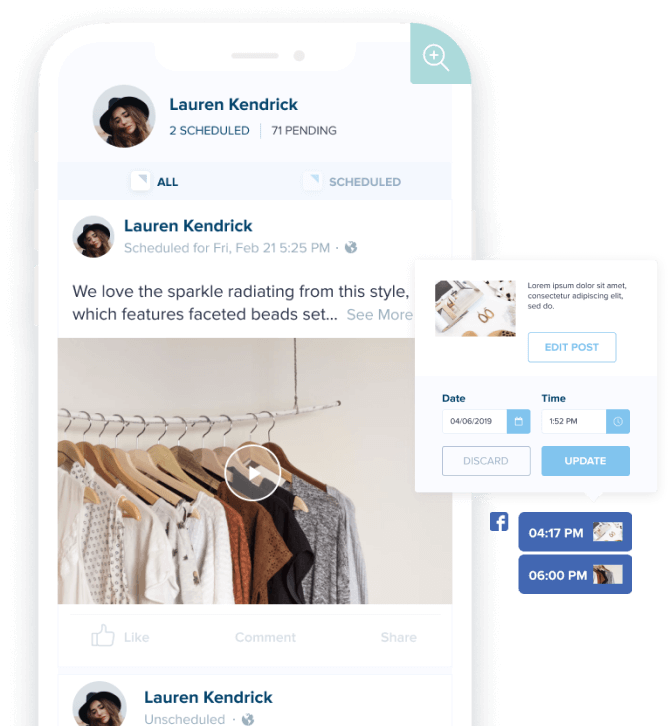
Credit: www.plannthat.com
Engaging With Your Audience
Engaging with your audience is essential for successful affiliate marketing on Facebook. Interaction builds trust and loyalty, which can lead to higher conversions. Here, we will discuss how to build a community and respond to comments effectively.
Building A Community
Creating a community around your brand helps you connect with your audience. Start by sharing valuable content that resonates with your followers. Use different types of posts like:
- Informative articles
- Engaging videos
- Eye-catching images
Consistency is key. Post regularly to keep your audience engaged. Encourage your followers to share their thoughts and experiences. This fosters a sense of belonging and keeps the community active.
Responding To Comments
Responding to comments shows that you value your audience. It helps build trust and encourages more interaction. Here are some tips for responding to comments:
- Reply promptly to questions and feedback
- Be polite and professional
- Address negative comments calmly and constructively
Personalize your responses when possible. Use the commenter’s name and address their specific concerns. This makes your audience feel heard and appreciated.
Engaging with your audience is not just about posting content. It is about creating meaningful interactions. Building a community and responding to comments effectively can significantly enhance your affiliate marketing efforts on Facebook.
Analyzing Your Performance
Understanding the effectiveness of your affiliate marketing efforts on Facebook is crucial. By analyzing your performance, you can optimize your campaigns. This ensures you get the best possible results. Let’s dive into the key aspects of performance analysis.
Tracking Metrics
Tracking metrics is essential for measuring success. Focus on these key metrics:
- Click-Through Rate (CTR): This shows how many people clicked your affiliate link.
- Conversion Rate: This tells you how many clicks led to a sale.
- Cost Per Click (CPC): This helps you understand your spending per click.
- Return on Investment (ROI): This measures the profit from your campaign.
Use these metrics to gauge your campaign’s performance. They help you identify which strategies work best.
Optimizing Campaigns
Once you’ve tracked your metrics, it’s time to optimize your campaigns. Follow these steps:
- Analyze Data: Look at your metrics to find patterns.
- Adjust Targeting: Refine your audience based on insights.
- Test Creatives: Experiment with different images and text.
- Monitor Budget: Ensure you’re spending wisely.
Regularly review and tweak your campaigns. This ensures you stay ahead of the competition.
Here’s a simple table to keep track of your optimization process:
| Step | Action | Result |
|---|---|---|
| 1 | Analyze Data | Identify patterns |
| 2 | Adjust Targeting | Refined audience |
| 3 | Test Creatives | Better engagement |
| 4 | Monitor Budget | Optimized spending |
By following these steps, you can improve your Facebook affiliate marketing efforts. Always keep an eye on your metrics and make necessary adjustments. This approach ensures long-term success.
Advanced Tips And Tricks
Affiliate marketing on Facebook has evolved. To stay ahead, use advanced strategies. These tips elevate your efforts and maximize earnings.
Leveraging Facebook Groups
Facebook Groups are gold mines for targeted traffic. Join groups related to your niche. Share valuable content and engage with members. Avoid spamming links; instead, build trust first. Here’s how you can leverage groups effectively:
- Identify active groups with high engagement
- Participate in discussions and offer genuine advice
- Share your affiliate links naturally within helpful posts
- Create your own group to build a community
Remember, the key is to be helpful and not overly promotional. This builds credibility and encourages members to trust your recommendations.
Collaborating With Influencers
Collaborating with influencers can amplify your reach. Influencers have loyal followers. Their endorsement can boost your affiliate links. Here’s how to collaborate effectively:
- Identify influencers in your niche
- Reach out with a clear, concise pitch
- Offer a mutually beneficial arrangement
- Monitor the performance of the collaboration
A table can summarize the benefits and strategies:
| Strategy | Benefit |
|---|---|
| Identifying influencers | Targeted audience reach |
| Clear pitch | Higher chances of acceptance |
| Mutual benefit | Long-term collaboration |
| Performance monitoring | Optimized future strategies |
Influencers can drive significant traffic. Ensure their followers align with your target audience.
Common Mistakes To Avoid
Affiliate marketing on Facebook offers great opportunities for earning. However, many people make mistakes that hinder their success. Knowing these common mistakes can help you avoid them and improve your strategy.
Spamming Links
One major mistake is spamming links. Posting your affiliate links everywhere can annoy your audience. Facebook’s algorithm also penalizes this behavior. Instead, share your links in a natural, valuable way.
- Provide useful content around your link.
- Engage with your audience first.
- Build trust before sharing links.
Ignoring Analytics
Another common mistake is ignoring analytics. Facebook offers tools to track your post performance. Many marketers fail to use these tools effectively. Understanding your analytics helps you see what works and what doesn’t.
- Monitor your post reach and engagement.
- Identify which posts drive traffic.
- Adjust your strategy based on data.
| Action | Reason |
|---|---|
| Check insights weekly | Stay updated with your performance |
| Analyze top-performing posts | Understand what your audience likes |
| Adjust your content | Improve based on data |
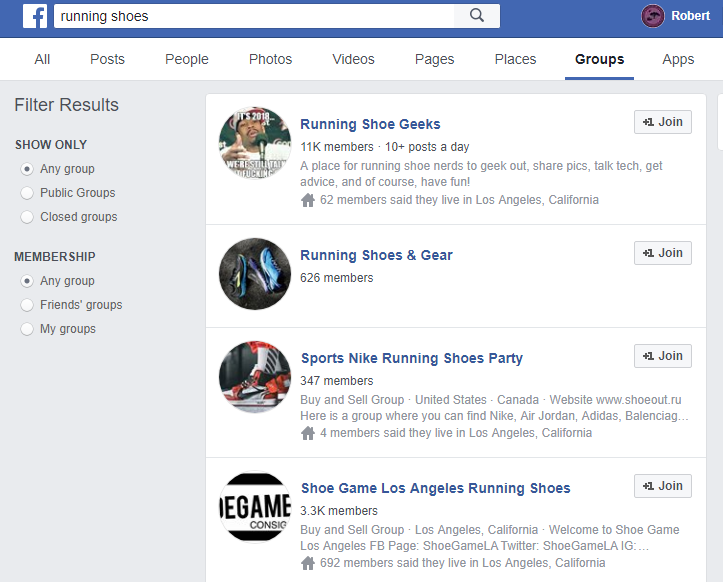
Credit: www.refersion.com
Future Trends In Affiliate Marketing
The landscape of affiliate marketing on Facebook is evolving. New technologies and changing consumer habits are shaping its future. This section explores emerging trends that will impact affiliate marketers on Facebook.
Emerging Technologies
Technology is driving change in affiliate marketing. Below are some key technologies to watch:
- Artificial Intelligence (AI): AI helps in targeting the right audience. It analyzes user data to predict purchasing behavior.
- Chatbots: Chatbots provide instant customer support. They increase user engagement and conversions.
- Blockchain: Blockchain ensures transparency in affiliate payments. It builds trust between affiliates and merchants.
These technologies make marketing more efficient and effective. Affiliates should adapt to these changes to stay competitive.
Shifting Consumer Behaviors
Consumer behaviors are changing rapidly. Understanding these shifts is crucial for affiliate marketers:
- Mobile Usage: More people use mobile devices to browse Facebook. Affiliates should focus on mobile-friendly content.
- Video Content: Video content engages users better than text. Consider creating short, informative videos.
- Personalization: Consumers prefer personalized experiences. Use data to tailor your marketing efforts.
Adapting to these behaviors can improve engagement and conversion rates. Keep an eye on these trends to enhance your affiliate marketing strategies.

Credit: m.youtube.com
Frequently Asked Questions
What Is Affiliate Marketing On Facebook?
Affiliate marketing on Facebook involves promoting products or services. You earn a commission for each sale made through your referral link.
How To Start Affiliate Marketing On Facebook?
To start, choose a niche, join an affiliate program, and promote products on your Facebook page or group.
Can You Make Money With Facebook Affiliate Marketing?
Yes, you can earn money by promoting affiliate products. Success depends on your marketing strategy and audience engagement.
What Are The Best Affiliate Programs For Facebook?
Some popular affiliate programs include Amazon Associates, ClickBank, and ShareASale. Choose programs relevant to your niche.
Conclusion
Affiliate marketing on Facebook offers great opportunities. It’s simple and effective. Start by creating engaging content. Share valuable posts and connect with your audience. Consistency is key. Monitor your results and adjust your strategy. With patience, success will follow. Keep learning and stay updated.
Happy marketing!
